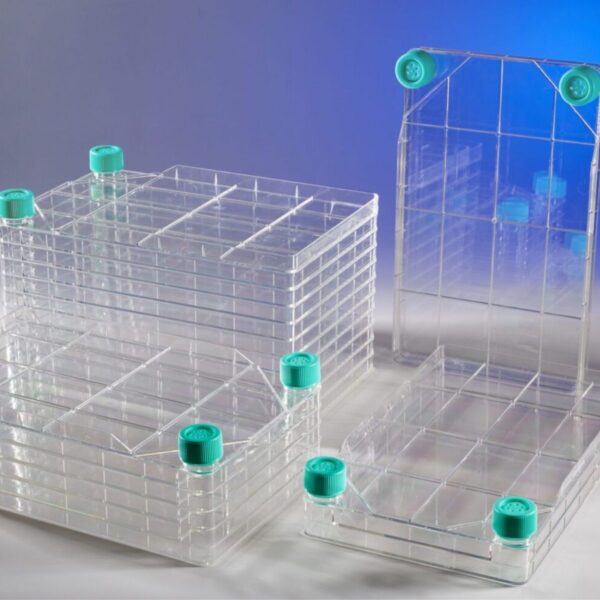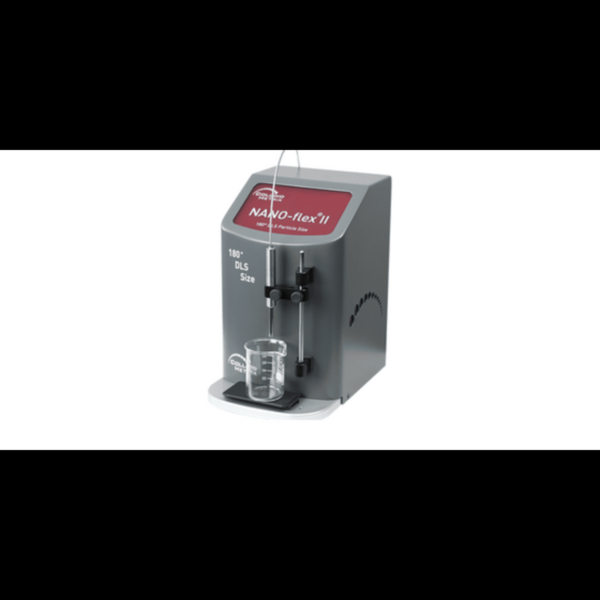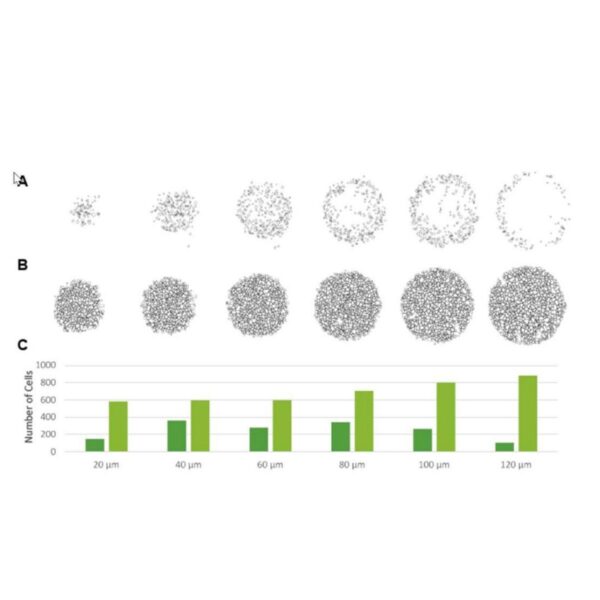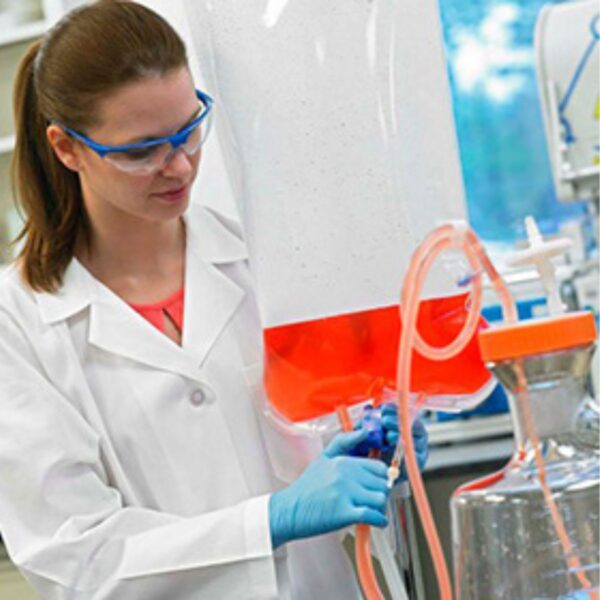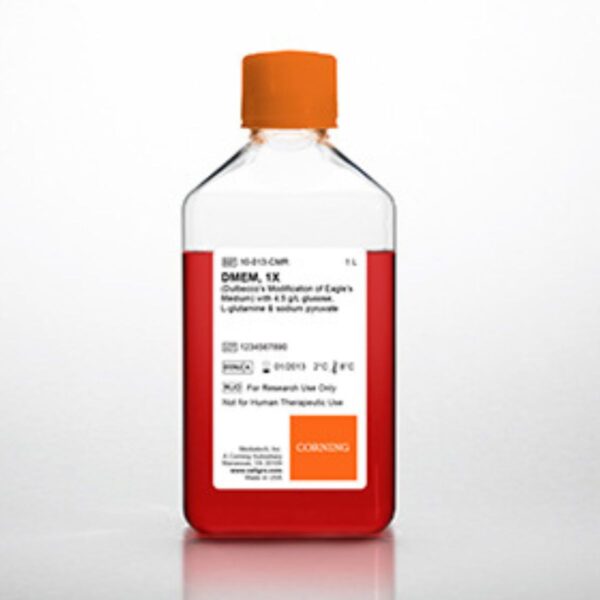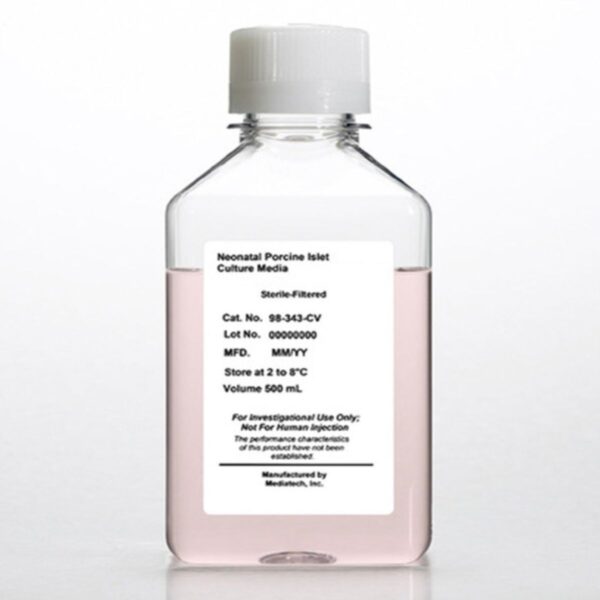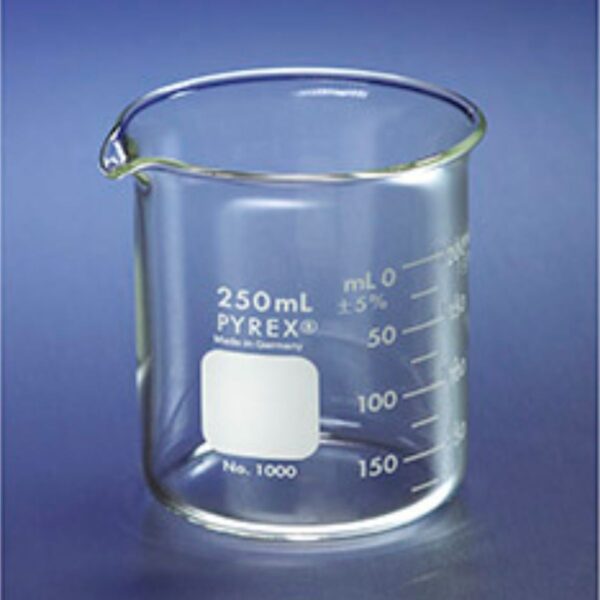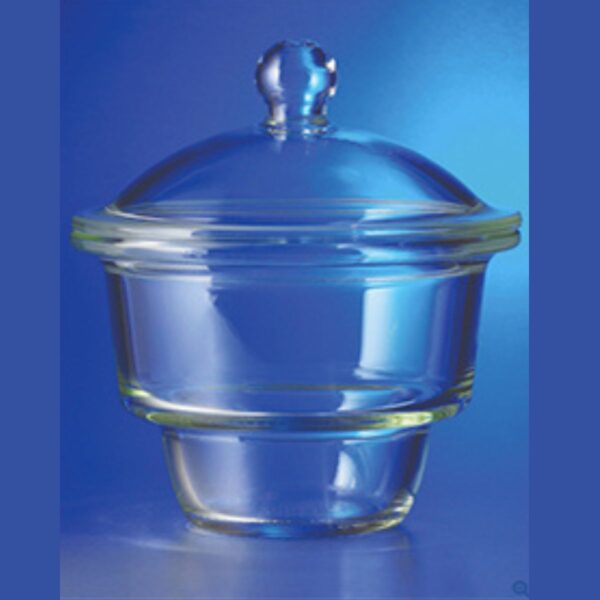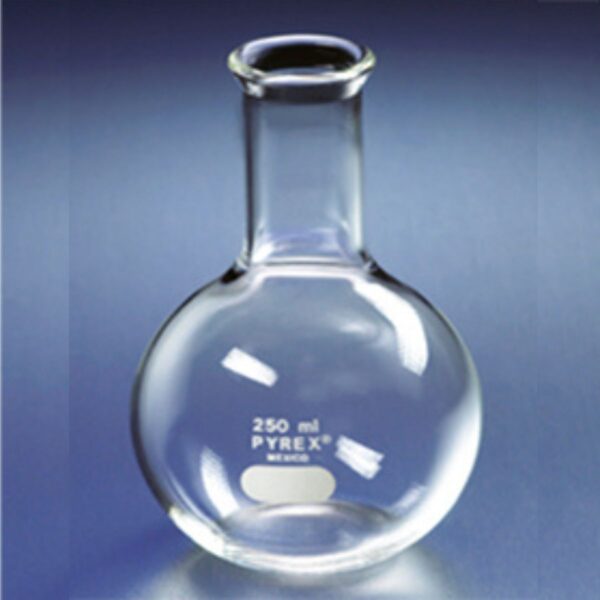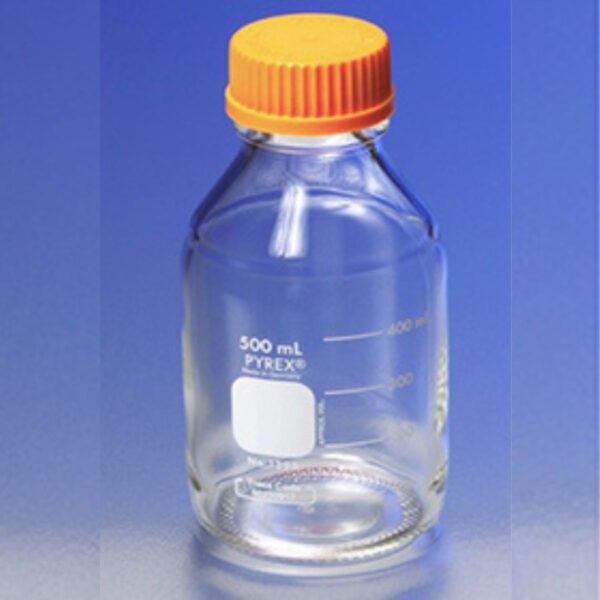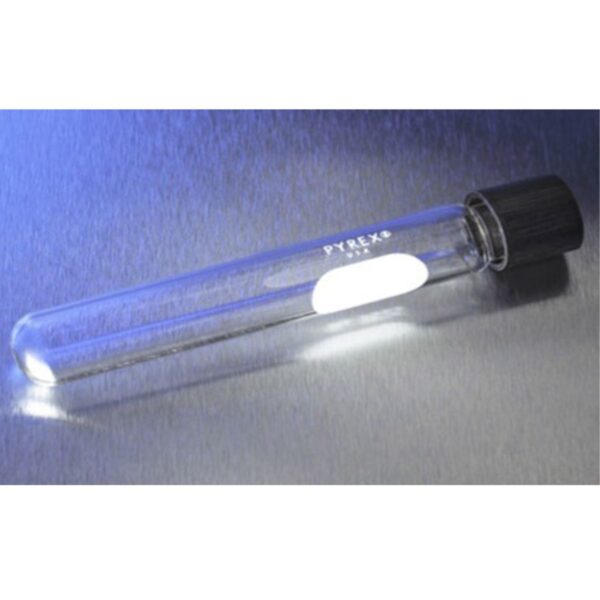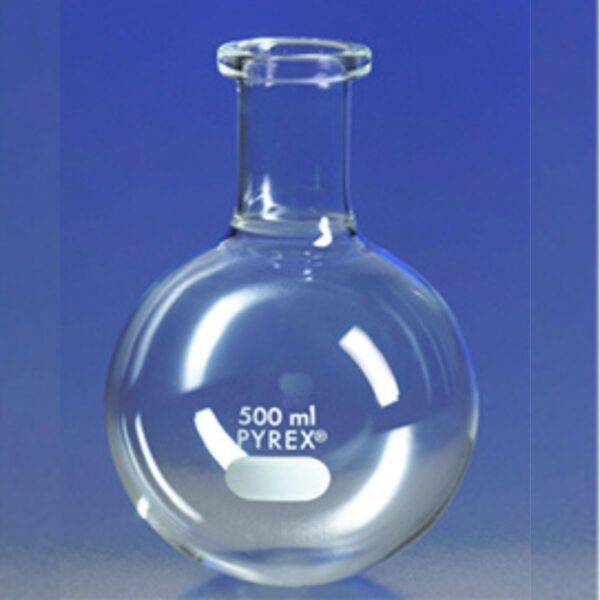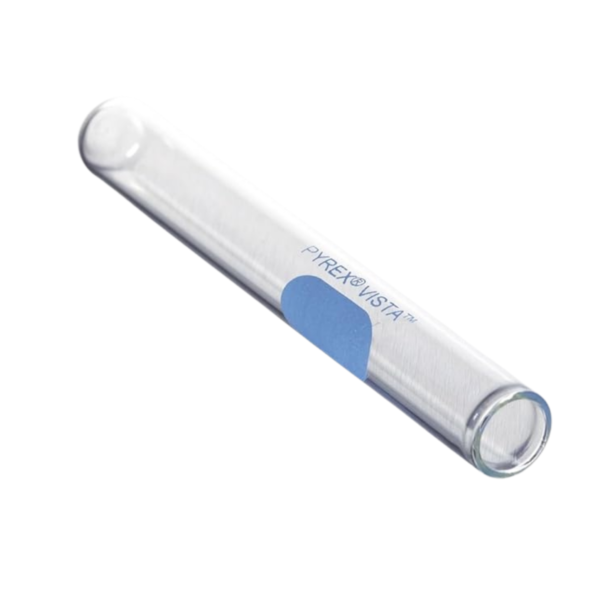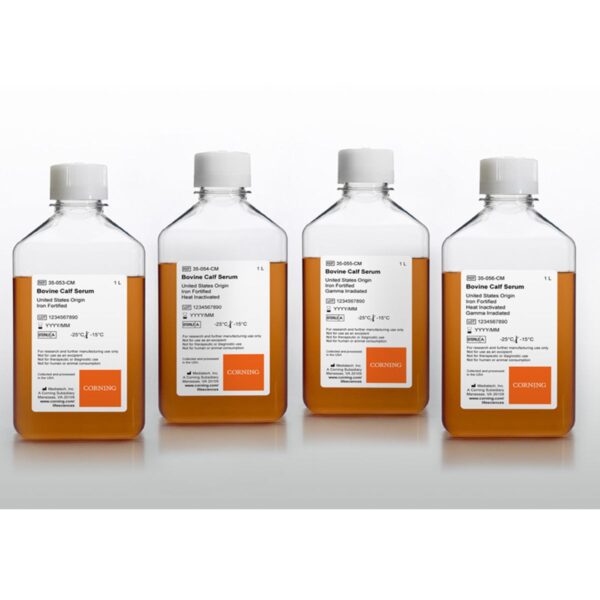Growth Promotion and Cytotoxicity Corning classical media products undergo a variety of tests to determine functionality and toxicity using growth-promotion analysis. Product performance is measured by harvest-t…
Growth Promotion and Cytotoxicity Corning classical media products undergo a variety of tests to determine functionality and toxicity using growth-promotion analysis. Product performance is measured by harvest-to-plant ratios or fold increase according to predetermined specifications.
Physiochemical Properties Liquid and powder classical media products are tested to determine pH and osmolality. Classical media powders are also tested for residual moisture. The pH and osmolality tests are performed according to specific procedures in which all equipment is calibrated using standards traceable to the National Institute of Standards and Technology.
Biological Tests Quality release testing of Corning liquid classical media products assures low levels of endotoxin, mycoplasma, and an absence of contamination.
Endotoxin Classical media products are tested for bacterial endotoxin using the Limulus Amoebocyte Lysate (LAL) chromogenic assay. For release, each lot of standard liquid classical media must have an endotoxin level of <0.25 EU/mL. Classical media powder products must have an endotoxin level of <0.25 EU/mL when reconstituted to formula weight with low endotoxin water.
Sterility All Corning liquid classical media products are tested for sterility.
Mycoplasma Liquid classical media products are tested for mycoplasma using a large-volume method.


